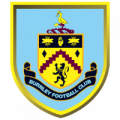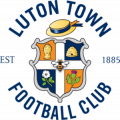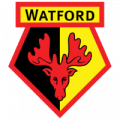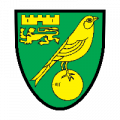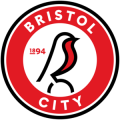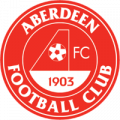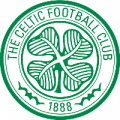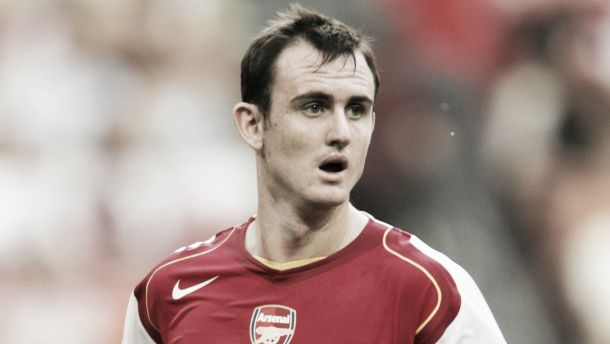Jeffers was an Arsenal player for three years, eventually leaving the Gunners for Charlton for a cut-price fee following an unsuccessful time with Arsene Wenger and the rest of the Frenchman’s squad. The English striker’s promise was huge, and the Liverpudlian made his debut for Everton in the Premier League aged just 16.
Jeffers’ first spell with Everton would last four years and bring back a return of 21 goals in 60 games in all competitions, a highly respectable amount considering his youth and the general lack of quality in the Everton side during that time period. However, his game time was limited due to multiple ankle and shoulder injuries, which would be a recurrent theme in Jeffers’ later career, as well as a public row with Toffees’ manager Walter Smith over an improvement in the striker’s contract.
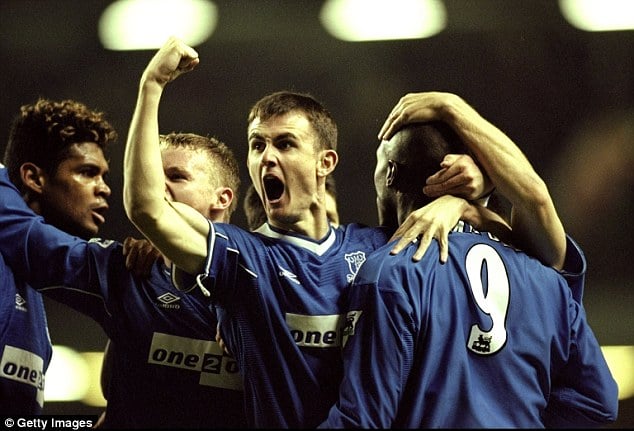
Despite his injuries, Jeffers did perform well when he played, which prompted the Everton hierarchy to offer the player the contract he so craved; a contract which was also the highest the club had ever offered. However, after months of negotiation, Jeffers rejected the contract, which brought boos from his own supporters when he was re-introduced to the team following his injury as a substitute against West Ham in April 2001.
As a result, Jeffers decided to join the team who had just finished second to Manchester United in the Premier League and wanted to bring the title back to them. That team, was of course, Arsenal.
In fact, the whole situation regarding Jeffers and his contract has many striking similarities to what recently occurred with Liverpool and Raheem Sterling. Young, promising player wants an improved contract, gets offered it, rejects said contract and then joins the team that finished second in the league and wants to win the Premier League next season, much to the dismay and anger of the fans who once adored him. Whilst Sterling moved for £49 million, Jeffers went to Arsenal for £8 million – far less but still one of the highest fees Wenger had ever sanctioned at the time.
Arsenal overview
As mentioned previously, Jeffers’ time with Arsenal was not successful. This was due to a variety of reasons, not least the fact his spell was riddled with injuries and the good form of Thierry Henry, Sylvain Wiltord and Dennis Bergkamp kept the Englishman away from the side.
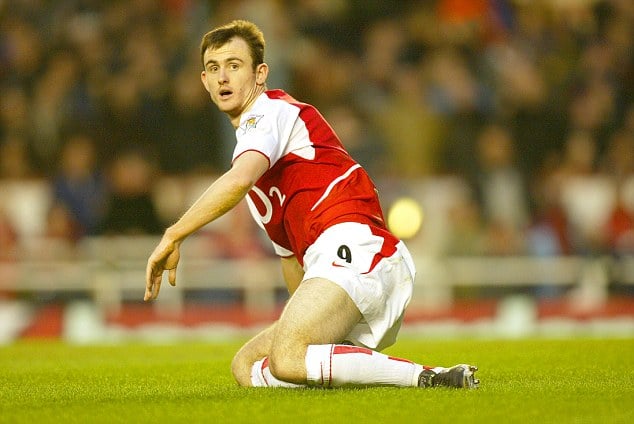
Jeffers’ first season with the Gunners, 2001-2002, saw him play just 10 times in all competitions, with six appearances in the Premier League resulting in two goals. The forward’s two appearances in the FA Cup were enough to earn a winner’s medal but those aforementioned six league appearances were not enough for Jeffers to earn a medal for Arsenal’s victorious league campaign.
His second season was more successful than his first. The striker played more games, 29 in all, and scored more goals, with six being the number he notched up. However, 16 Premier League appearances only resulted in two goals for Jeffers although he did play enough games for a runners-up medal. It was in the cup competitions were Jeffers performed better. In Arsenal’s successful FA Cup run, in defending the old trophy, Jeffers played six times and scored three goals, with one coming against Chelsea. His other goal for that season came in his sole appearance in the League Cup.
Jeffers only made one appearance in the 2003-2004 season and that was in the 2003 Community Shield, a game Arsenal lost on penalties following a 1-1 draw with Manchester United. In that game, Jeffers was subbed on in the 60th minute for Bergkamp but given his marching orders in the 72nd minute of the match after an incident where the striker was caught kicking out at Gary Neville. The match would prove to be Jeffers’ last match in the red of Arsenal and just days later, the striker re-joined old club Everton on loan.
Merseyside return
Everton loaned the striker from Arsenal for the 2003-2004 season but Jeffers’ second spell with his previous club would not prove to be as successful as his first. It was hoped that returning to familiar territory would bring the best out of Jeffers, a player who scored on his England debut against Australia in 2003 on his one and only England cap, a match which also featured the debut of a certain Wayne Rooney, but, as it turned out, it did not.

Jeffers played 22 times for Everton that season but only scored twice. In 18 Premier League matches, Jeffers failed to register a goal and his two goals for that season came in two matches against Fulham in the FA Cup – one in the original tie and one in the replay. Ultimately, Jeffers ended up having a row with David Moyes which resulted in the forward prematurely leaving Everton and returning to London.
London relocation
In the summer of 2004, Jeffers left the Gunners and moved to a different part of London, joining Charlton for £2.6 million. Jeffers’ debut season with Charlton would prove to be more successful than his most recent season with Everton but still not reaching the levels his first few seasons with Everton proved he could reach. In 20 Premier League games for Charlton, Jeffers scored thrice, with four more cup appearances resulting in two goals.
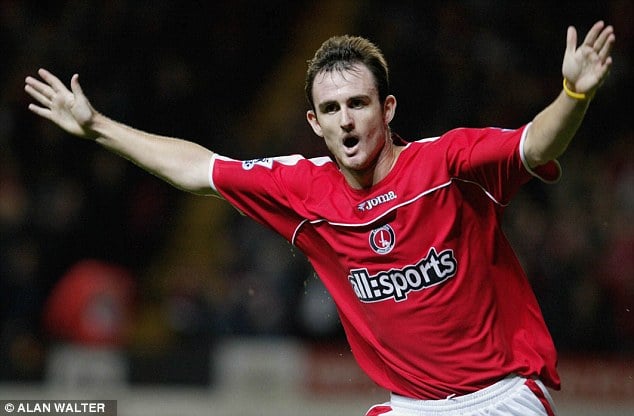
North of the border
Jeffers never had a second season with Charlton and was instead sent on loan to Rangers. His season with the Glaswegian club would end up being one of the worst of his career. Having joined Rangers on a one-year loan on the last day of August, the loan was terminated in December following 14 appearances in all competitions in which Jeffers scored zero goals. With his contract due to expire at the end of the season, Charlton manager Alan Curbishley made the decision not to renew it and the striker left Charlton to join Blackburn on a free transfer.
The former Arsenal striker signed a two-year contract with Blackburn Rovers but would only score one goal for his side, which came in the UEFA Cup against Basel. In Premier League appearances, Jeffers went scoreless, with his 15 total matches with Blackburn bringing in a return of that previously mentioned Basel strike.
Kicking it in the Championship
In March 2007, still in his first season with Blackburn, Jeffers joined Championship side Ipswich Town on a one-month loan. In Jeffers’ Ipswich debut away to Hull City, the striker scored and was named Man of the Match, as his side ran out 5-2 winners. After returning to parent club Blackburn following a hamstring injury, a quick recovery meant Jeffers was able to re-join Ipswich and would eventually finish the season with four Championship goals in nine matches for the Tractor Boys.
Ipswich’s attempts to sign Jeffers in the 2007 summer transfer window were unsuccessful, with Blackburn knocking back two bids before a third bid was accepted. However, in true Jeffers style, personal terms were never agreed, presumably due to the fact the forward may have wanted to much money.
Instead, Sheffield Wednesday tabled a bid of £700,000, which was accepted by Blackburn, and the striker joined on a three-year deal, being given the number nine shirt. Jeffers eventually spent three seasons with Wednesday but was released as the club was relegated into League 1. Those three seasons Jeffers spent with Sheffield Wednesday were marred with injury, which only limited the striker to 60 appearances in all competitions and five goals.
Down under and back again
Following unsuccessful trials with Ian Holloway's Blackpool and at his old club Everton, Jeffers went to the other side of the world in his search for football, joining the Newcastle United Jets in Australia, signing a 10-match guest contract with the club. After one goal in nine A-League matches, his performances with the club were sufficient enough to make the club keen on extending his contract. Jeffers himself was reportedly keen on extending but, as can be expected with Francis Jeffers, a contract was never settled.
As such, in February 2011, Jeffers joined Motherwell before being released on the 1st of June later in the year. With the Scottish club, Jeffers scored twice in 14 games in all competitions.
Surprisingly, Jeffers re-joined the Newcastle United Jets in Australia and played 17 times in his second spell for the club, scoring the sole goal. As a result of his low contribution, the Jets decided not to renew his contract and Jeffers was able to leave as a free agent.
Tail-end
In the 2012-2013 season, Jeffers joined 25-time Maltese champions, Floriana. The strikers spell with the club was short and not particularly sweet either. After two games, one goal and a Twitter scandal whereby an account pretending to be Jeffers called the Maltese club the worse he had ever played for, Jeffers left the island of Malta.
Later on in the 2012-2013 season, Jeffers joined an English side for the first time since leaving Sheffield Wednesday when the striker joined Accrington Stanley in League 2, the fourth highest league in the English football pyramid. Jeffers ended up scoring two goals for Accrington Stanley, both in one game against AFC Wimbledon, and left the team at the end of the season having only played seven times.
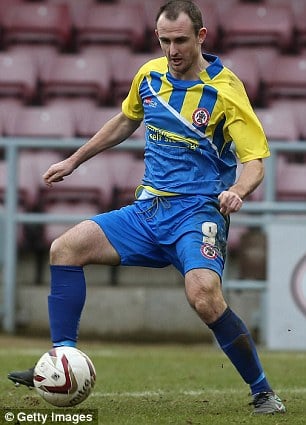
After attempts to find a new club were unsuccessful, Jeffers re-joined Everton as a coach on a voluntary basis, working with the Merseyside club’s youth academy. His fall from grace was officially completed and, at 34-year old, the striker remains club-less, having failed trials with Bury, Chester and Brunei DPMM, a team who play in the S.League in Brunei.



